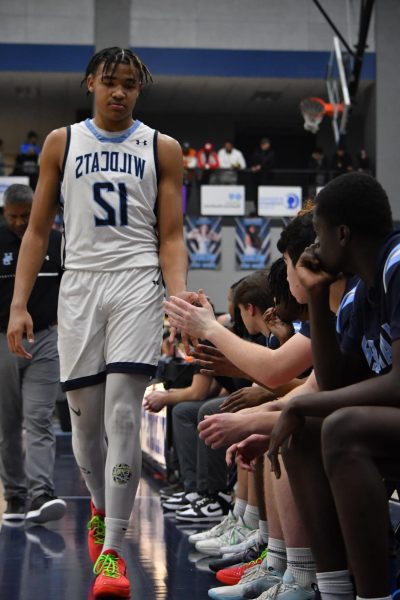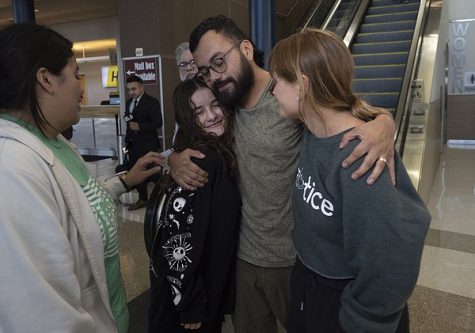Teachers approach to late work
With this different school year and there being students with opposing schedules in school, teachers have been openly struggling with late work. Many have begun to change their late work policy that has remained untouched for years, just trying to keep it in control.
“Late work this past semester compared to other semesters has been so much higher,” English teacher Alicia Morales said.
English teacher Susan Felder, believes that there is a connection between blended students and late work.
“Many TT [tuesday-thursday] students have failed the first quarter,” Felder said. “Think about it, they are only in class for instruction two times a week and a lot of them miss one of those days. It’s like having the flu every week and trying to catch up.”
Teachers see it as students not managing time well due to having no one at home to make sure they stay on their schedule.
“I think it is because students are at home more due to blended learning and quarantines and they get more distracted at home,” Spanish teacher Charisse Soriano said.
Many teachers have expressed to their individual classes their expectations for late work and how it will affect their grades. They have stressed the fact that it will come with consequences. Soriano, for instance, has changed how her students turn in late assignments.
“I have them turn in a late work google form and they will receive half credit for their work turned in late,” Soriano said.
Felder has a similar approach to Soriano on how she grades late work.
“I usually give a couple of days to do an assignment, then if the assignment is one day late it is -20% and after that, it drops to -50%,” Felder said. “Now if a student had Covid, obviously that was a different scenario and I worked with them on a timeline to get their work turned in.”
They are hoping with these changes, students will be encouraged to turn in work on time to make the load lighter for them.
“I implemented this the second quarter because of how much late work was turned in during the first quarter. Since most work is turned in on Google Classroom, it allows me to know the exact time work was done and exactly how much a student should earn based on that time,” Felder said. “It was bizarre how many students would still turn in work late rather than on time–you’d think knowing they’d only get 50% would encourage them to turn work in on time. Maybe this quarter they will, who knows?”
Teachers are hoping that after this semester, late work decreases drastically. They don’t want is becoming a trend.
“I hope because of what is happening now students don’t fall under the spell of bad habits,” Morales said. “I honestly think it will get better but we will just have to relearn and students will have to learn to manage their time better.”






